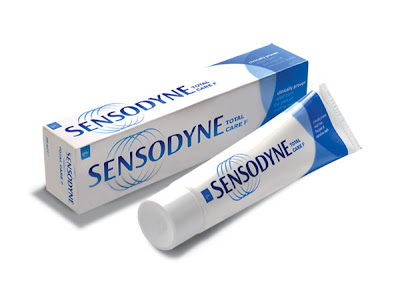Discovered in 1891 by a German chemist, xylitol has been used as a sweetener in foods since the 1960s. Xylitol occurs naturally in many fruits and vegetables and is even produced by the human body during normal metabolism. It has the same sweetness, bulk and caloric value as sucrose without its decay-producing side effect. Xylitol is approved as a direct food additive for use in foods for special dietary needs.
When we chew,this makes the mouth produce saliva.This does a few things.Saliva helps to clean the teeth and remove debris from food. Saliva also helps the remineralization process that is so important for the teeth. This helps to replace the minerals that are lost in the tooth. As long as this is done quiker than they are lost then tooth decay will not occur. Chewing gum makes the act of chewing constant. This way even more saliva is produced than through normal eating making the cleaning and remineralization process even more effective.
The act of chewing itself actually helps to remove plaque from teeth and gums. This is highly useful in a variety of ways. It hels to reduce the staining that plaque can bring. It will help in keeping the amount of bacteria in the mouth low. It will prevent plaque from staining, turning into tartar or calculus deposits. Finally it will also help prevent gum diseases such as ginivitis.
There is evidence to support that chewing gum reduced the urge to smoke. Smokers who chew gum find it easier to cut down and eventually quit. Smoking is highly damaging to the teeth and mouth.
To achieve the best possible results one should chew gum after eating meals. This is the time at which your teeth are most vulnerable. The extra saliva flow will help to remove any remaining food particles that remain behind. It is also important to remember that chewing gum is not in any way a replacement for brushing and flossing. These two things still need to be practiced regularly. Gum will only help aid the process of cleaning not take it over entirely.














